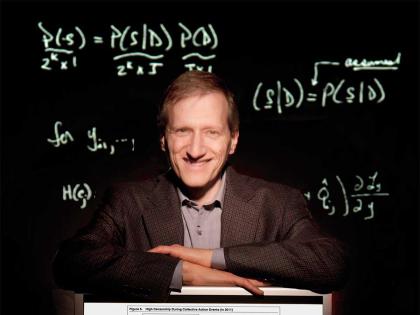Harvard’s payments in lieu of taxes (PILOT) to the City of Cambridge have been renegotiated to include an escalator that will increase the University’s payout to the city by 3 percent annually for the next 20 years. The agreement, which is renewable for up to 50 years, further stipulates that if Harvard converts any of its taxable property in Cambridge to educational use, it will continue to pay the same amount on that property that it would have paid in taxes, again with a 3 percent annual increase. In addition, Harvard will pay the city an extra $1million in 2006, raising that year’s PILOT above $3 million. Harvard paid $4.5 million in taxes to the city last year on its taxable properties, plus a PILOT of $1.7 million.
As a nonprofit, the University is not required to pay taxes on certain kinds of property, but has voluntarily made payments in lieu of taxes since the 1920s. The most recent PILOT agreement, negotiated in 1990, had been set to run through 2010. But after Harvard negotiated more generous PILOT terms with Watertown following its purchase of the large commercial Arsenal property there (see “The Watertown Agreement,” March-April 2003, page 61), Cambridge took notice. Under that agreement, Watertown allowed Harvard to use its property for a range of academic purposeswithout having to seek special zoning permission each timein exchange for provisions protecting the town’s tax base. The agreement with Cambridge, says Mary Power, Harvard’s senior director of community relations, is based on similar “principles of mutual benefit.” MIT reached a 40-year agreement with the city in December, including a 2.5 percent annual increase in its PILOT payments and a pledge that any of its property converted to nonprofit use beyond 2.5 percent of the total would be subject to full commercial tax rates.








